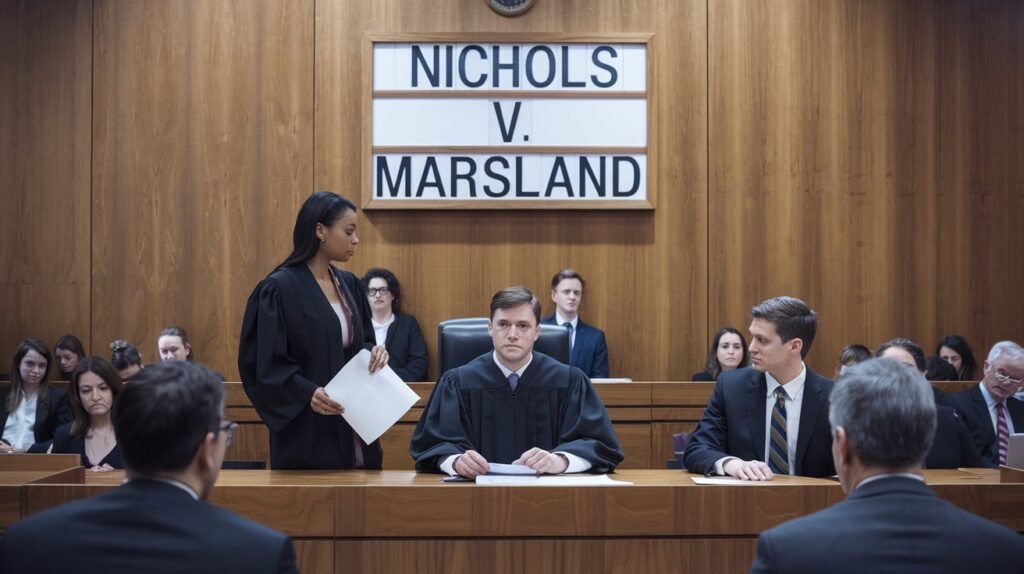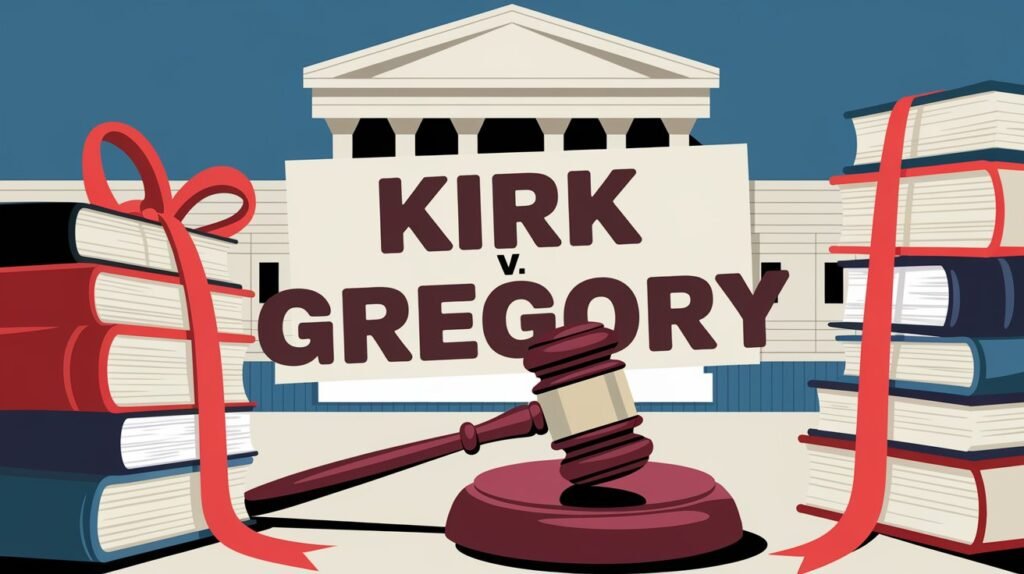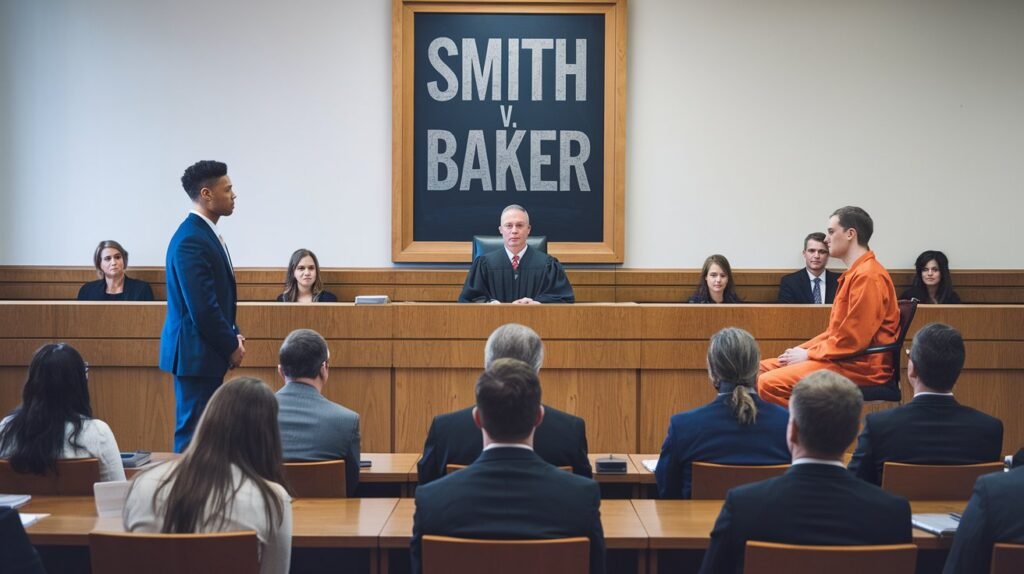Mayor of Bradford Corporation V. Pickles 1895 (Case Summary)

This landmark English Law case highlighted the legal principle that a person is entitled to use their property as they see fit, even if it negatively impacts another party. The ruling reinforced the importance of individual property rights while emphasizing the boundaries of legal interference.
Table of Contents
ToggleFacts of Mayor of Bradford Corporation v Pickles
- Edward Pickles owned land in Bradford, which contained springs feeding water to the Bradford Corporation’s reservoir.
- The corporation relied on this water source for its public supply.
- Pickles began diverting water on his land, intending to obstruct its flow to the corporation’s reservoir.
- The Bradford Corporation initiated legal action, claiming Pickles’ actions were illegal and malicious.
Issues framed
- Whether a landowner has the right to alter or divert water flow on their property, even if it affects others?
- Whether malicious intent negates the legal rights of a property owner?
- Whether the Bradford Corporation entitled to an injunction to stop Pickles’ actions?
Subordinate Court Judgment
The trial court granted an injunction against Pickles, restraining him from interfering with the underground water flow to the Bradford Corporation’s water works. This decision was subsequently appealed, leading to the Court of Appeal and later the House of Lords, which overturned the subordinate court’s judgment.
Judgment of Mayor of Bradford Corporation v Pickles
The case primarily dealt with the principle of common law concerning property rights. English common law established that landowners have absolute rights over their property, including the water underneath, as long as statutory obligations are not breached.
The House of Lords reaffirmed that a landowner’s legal rights are not diminished by malicious intent. Pickles was exercising his legitimate rights over his property by diverting water. The court emphasized that the Bradford Corporation had no legal right to demand uninterrupted water flow from Pickles’ land.
The House of Lords ruled in favor of Pickles. The key takeaway from the judgment was encapsulated in the statement: “A person may do what he likes with his own, even if it is maliciously intended to harm another, so long as no right of another is infringed.” (Lord Halsbury)





